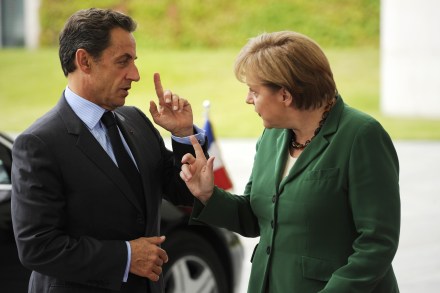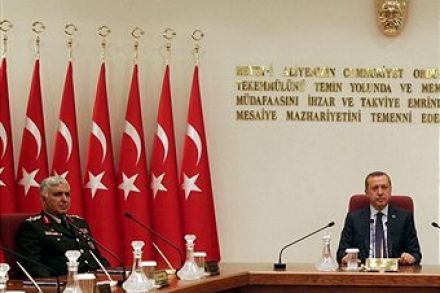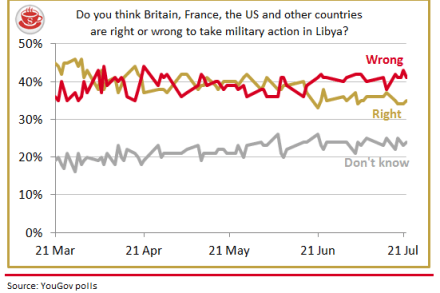Dark days
There’s a pessimistic mood in Westminster at the moment, a sense of gloom about the economic prospects of the West. The government expects there to be another round of the European sovereign debt crisis this autumn and believes that the problems of the eurozone will take at least a decade to resolve. No one I’ve spoken to really believes that the plan Merkel and Sarkozy announced on Tuesday will be enough to keep the markets at bay for long. Looking across the Atlantic doesn’t raise spirits either given the state of both the American economy and political system. But the global economic situation will get an awful lot worse if



















